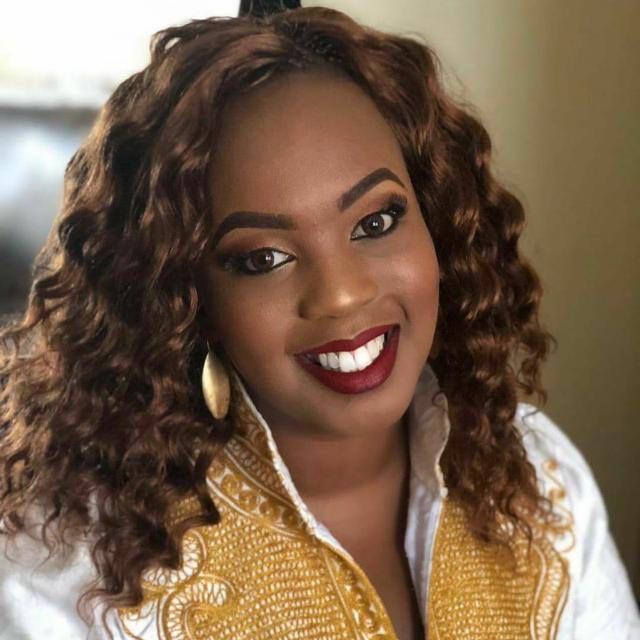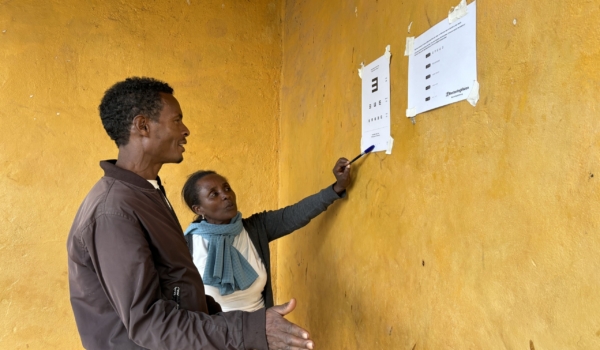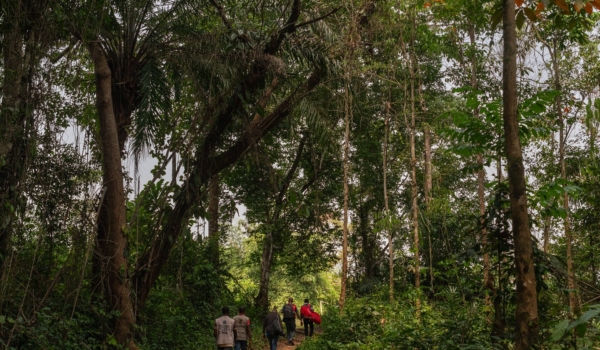 Behind every statistic is a human being. This ever present reminder of humanity has inspired Dr. Angela Gichaga to help governments across Africa identify financing strategies that unlock the potential of their health systems and improve the quality of life across the continent.
Behind every statistic is a human being. This ever present reminder of humanity has inspired Dr. Angela Gichaga to help governments across Africa identify financing strategies that unlock the potential of their health systems and improve the quality of life across the continent.
“When I see statistics, it’s more than a number,” says Angela. “If investments aren’t being made to improve health, the consequences extend beyond not just meeting global goals; it means people – our brother, our friend’s aunt, our neighbor—aren’t getting the care they deserve.”
Having worked as a civil servant, frontline clinician, policy maker, health economist, and management consultant, Angela has had first-hand exposure to the barriers to achieving universal health coverage. Too frequently she saw innovative health strategies and programs being developed, but when it came to implementation, performance, and scalability, insufficient and fragmented resources challenged the impact of each project. While Angela acknowledges that lack of funding is a very real challenge for every health system—there is currently a USD$ 2 billion annual gap in community health health funding for Africa—she also knows that governments need to improve efficiency and equity in the deployment of existing resources.
“As countries get different types of funding and financing, they are tasked with allocating those funds across priority areas, including health,” says Angela. “Governments need to increase investments in health. It is not just about having the money, but how you use that money in an optimal manner.”
As Chief Executive Officer for the Financing Alliance for Health, Angela is working to narrow funding gaps across Africa in two ways: a bottom-up approach that supports governments to better leverage existing resources and mobilize new funding for strong and effective health systems, and a top-down approach that influences regional and global funding flows. By engaging governments to share knowledge across countries and between ministries of health and finance, Angela hopes leaders will be able to better define their resource needs and apply the appropriate mix of financing and funding streams. By unlocking these resources, notes Angela, countries will be able to bridge the gap from ideas to implementation and develop solutions that finance health systems and achieve universal health coverage.
“Resources start out as financial, but they translate to human resources, tools, and supplies on the ground,” says Angela. “The numbers will speak for themselves in the form of more birthdays celebrated and lives saved.”
This profile was written as part of a feature in our 2019 Annual Report, which showcases individuals from across all levels of the health system and the globe who play a critical role in the movement for universal health coverage – community leaders, government officials, philanthropists, clinical practitioners, policy specialists and more.




